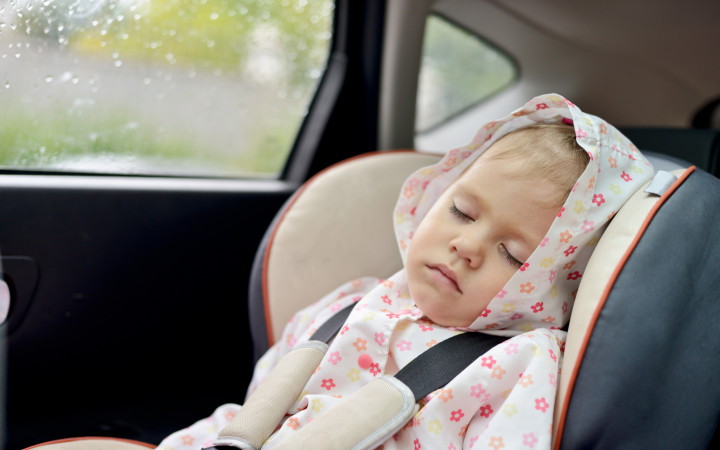Today’s Wonder of the Day was inspired by Ms. from Irving, TX. Ms. Wonders, “Why does rain make you sleepy?” Thanks for WONDERing with us, Ms.!
What do you like to do on a rainy day? Some kids pull on their rain boots and jump in puddles. Others would rather relax inside with a good book. Many of our Wonder Friends might like to settle in for a long nap instead.
Does rain make you sleepy? If so, you’re not alone! Many people say the sound of raindrops hitting the window can put them right to sleep. In fact, people often turn on recordings of the sound of rain to help them fall asleep at night. Why does rain have this effect on people?
There are a few reasons why a rainy day might make you sleepy. One is the lack of sunlight. When the human body is exposed to the Sun, it releases less melatonin and more serotonin. This makes people feel more alert and cheerful. The lack of light on a rainy day can have the opposite effect—people may feel drowsy or a little blue.
The humidity of a rainy day also plays a part. When it rains, the air outside is heavy. As a result, the body has to work harder to maintain homeostasis. This can be tiring, leading many to seek a few extra minutes of shut-eye.
Of course, the sound of rain also plays a part. Rain is pink noise. That means it includes all the frequencies humans are able to hear, much like white noise. However, it differs from white noise in that energy isn’t equally distributed across all frequencies in pink noise.
A 2012 study found that pink noise reduces brain waves. Experts believe this makes it a potential sleep aid. Rain isn’t the only example of pink noise in nature. Other examples include rustling leaves, wind, and the sound of your own heartbeat.
Of course, rain isn’t the only type of weather that affects the human body. During the winter months, many areas see less sunlight. This can lead to irritability and lethargy. Many people experience a condition called Seasonal Affective Disorder, which means they experience depression during this time.
Have you ever noticed that more people get sick during cold months? That’s because illnesses like the flu grow and spread easier when it’s cold outside. The winter months also see more strokes and heart attacks on average.
The opposite is also true. People often experience lower blood pressure in the summer. Increased sunlight can lead the body to build up serotonin, leading to a mood boost. Some researchers also believe spending time outside on a pleasant day can increase creative thinking.
Have you ever taken a long nap on a rainy day? How do other types of weather make you feel? If you’re lucky enough to have sunny weather today, try spending some time outside! You never know how it could affect your mood.
Standards: NGSS.LS1.A, CCRA.L.3, CCRA.L.6, CCRA.R.1, CCRA.R.2, CCRA.R.4, CCRA.R.10, CCRA.SL.1, CCRA.SL.2, CCRA.W.2, CCRA.W.4, CCRA.W.9, CCRA.L.1, CCRA.L.2,




